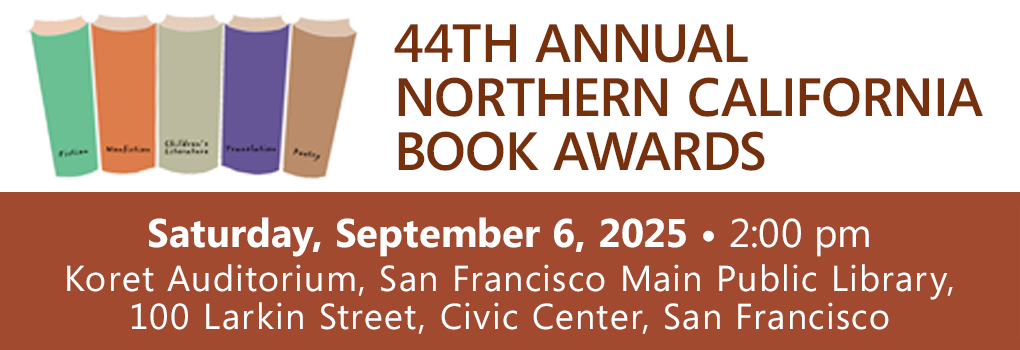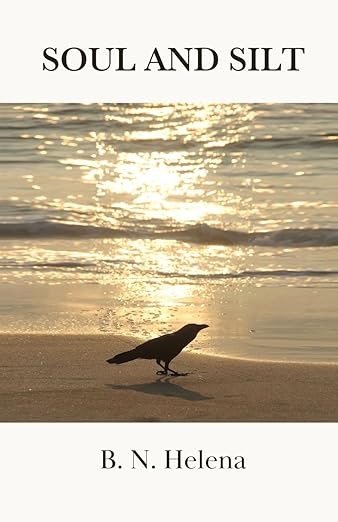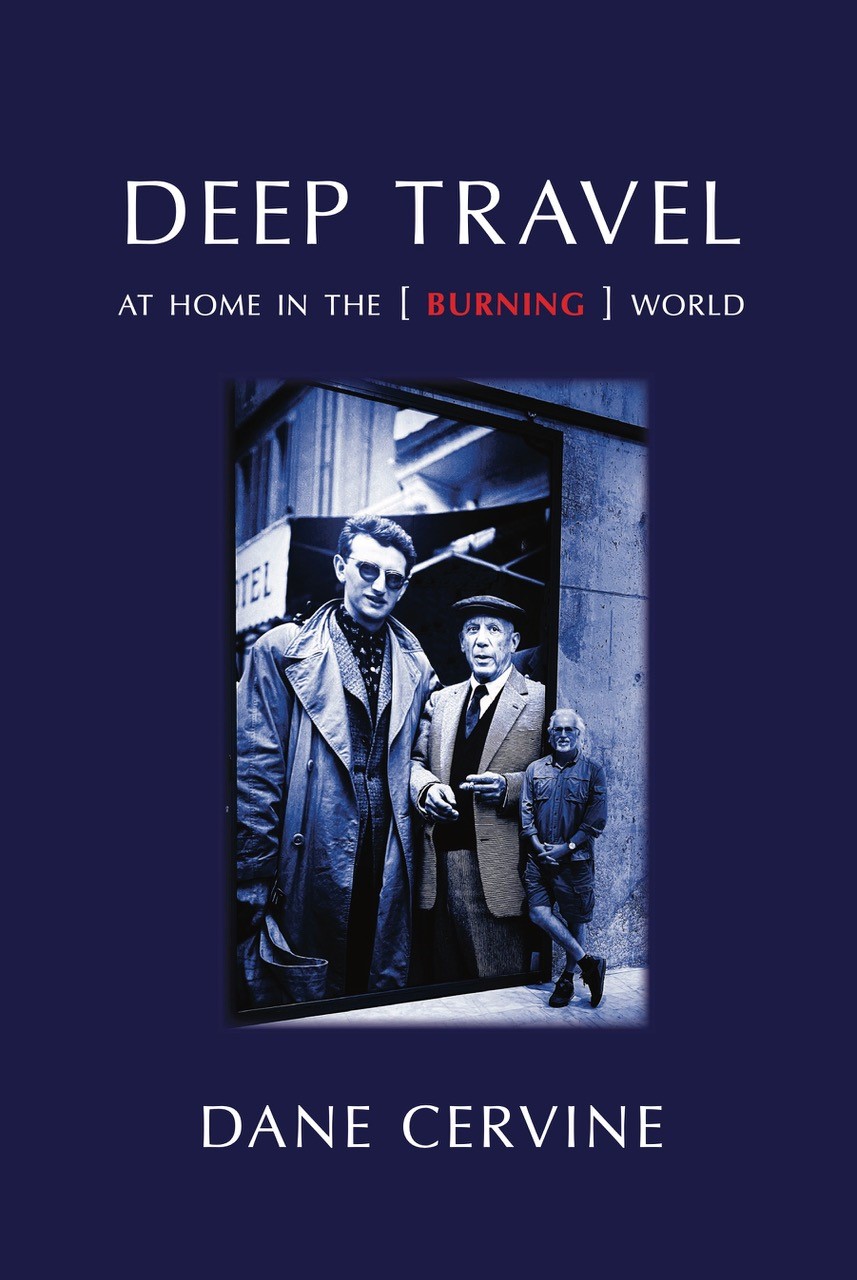
Chopin as Poet
by Tom Goff
Gravitational Tug, Susan Kelly-Dewitt, Main Street Rag Publishing Company, Charlotte, North Carolina, 2020, 75 pages, $14 paperback, www.mainstreetrag.com.
GRAVITATIONAL TUG, with its fifty-one poems selected from different phases of Susan Kelly-DeWitt's career, is a good introduction to an important body of verse. A writer who can take subjects large or "small" and turn them into accomplished poetry, Kelly-DeWitt has been published in prestigious magazines, yet she deserves an even larger audience than she now enjoys.
If her poetry, while respected, has not found fervent, game-changing advocacy from the most influential poetical tastemakers, it may be because her poetic voice is often quiet. Her verbal music strikes me as akin to Chopin, whose pianistic touch was reportedly subdued yet rich in gradations of color. Also, Kelly-DeWitt can enliven and be enlivened by almost any subject. In Gravitational Tug, silk flowers, a solitary sparrow, an AMTRAK ride, a landscape, a Cartier-Bresson photograph, childhood memories, and our fragile ecology all inspire arresting poems and, whether treated realistically or metaphorically, all these objects or topics seem accurately observed.
Perhaps Kelly-DeWitt's influences, including that of her teacher Denise Levertov, partly explain her accurate descriptions. She is, however, less inclined to make a polemical point than is Levertov. Kelly-DeWitt entices the reader into her work and implies her political judgments, preferring close-in touches of detail. Even when satirical, she renders clearly the object or event she describes: the result is like the exact right sample lens clicking into place at the optometrist's office. One of her best-known poems displays her visual acuity:
One evening in winter
when nothing has been enough,
when the days are too short,
the nights too long
and cheerless, the secret
and docile buds of the apple
blossoms begin their quick
ascent to light. Night
after interminable night,
the sugars pucker and swell
into green slips, green
silks. And just as you find
yourself at the end
of winter's long, cold
rope, the blossoms open
like pink thimbles
and that black dollop
of shine called
bumblebee stumbles in.
("Apple Blossoms," page 71)
Short and simple as this poem appears, it is no static description, but a key episode in the tree's, the blossom's, and the eventual fruit's development. It is also a page in an almanac of the seasons: we are cued to really notice how the infancy of the apple blossom meets the yearly adjustment marked by the winter solstice and the decisive turn toward light's dominion. What begins as a moment's noticing (or reminiscence) becomes a comment on living process.
What's more, this poem observes the bee effectively. I confess warming slowly to the ending line, "bumblebee stumbles in," perhaps because at first, "bumble" and "stumble" chimed too easily for me. But reread, this line transmits with great economy how pollination works; the bumblebee collects pollen from an apple blossom and, perhaps, scatters some of that pollen inside a next flower as it "stumbles" in—for bumblebees are reputed to be great cross-pollinators. The reader will see I'm no beekeeper, but I hope I've learned more about the poem and its topic through the careful readings it repays. Another quality of this poem is the knowledge it implies, for Kelly-DeWitt believes in researching alongside versifying. This poem is no whimsy, but a work of observation married to craft.
From visual acuity, let's turn to spirituality:
How many miles to the border
where all the sky there is
exists for the soul alone?
Where the only breathers
breathing are constructed
from some new electricity
and the flowers are made
indestructible, and messages
from the dead arrive like calm
white birds with a gift?
One more night of spiritual
ice and we might all become
birds, green birds frozen
on a black winter branch.
There is a drumming in the shadows
under leaves: a million eight-eyed
spiders on the march.
The buckeyes beat themselves
half to death against
some lit-from-within screen.
("Reading Saint John of the Cross," page 21)
This poem cannot be a literal transcription of St. John's message, but its free flow of ideas, gleaned through reading and reflection, must transmit some sense of his visionary reach and his pastoral concerns. We freshly learn how unconcerned the kingdom of the spirit is with our obsessive construction and defending of borders; how shortsighted our disdain for refugees and migrant workers. We infer how permeable are the barriers between the living and the dead; how blithely nature continues with its operations, while we often freeze in "spiritual ice," our sympathies atrophied or paralyzed by refusal of risk. Then again, look at the wind-torn buckeyes; Kelly-DeWitt is able to personify these trees without overdoing the anthropomorphic; their self-destructive "impulses" reflect, not human traits, but our own transferences of feeling. The imagery conveys the whipping movements of the buckeye branches, but the even deeper accuracy is psychological.
Kelly-DeWitt's clarity, therefore, isn't that of a mere optician. Her metaphors make us perceive the object at a feeling level. With a strong knowledge of Buddhism, Christianity, and other world religions, she is quick with analogies that help shape our perceptions. Her spiritual insight and her sensory descriptions combine in still another example:
Little polished rump
of mud, your wings are
useless as the old
archangels.
All night the rain
pelts down on
your fumy house.
You are the garbage
heap's midnight eye,
all dark oil.
You are the dirty jewel,
the cursed black pearl
hidden in the opalescent
walls of morning.
Slippery brother!
You are the secret bead
in the rosary of reviled
things.
("Ode to Brother Roach," page 3)
This is a most remarkable poem. Like other Kelly-DeWitt poems, it serves the reader on its own "literal" terms, and it is a parable. "Ode to Brother Roach" rewards us as it rebukes us for our revulsion at the despised creatures of this world. Yet it never scolds. Its operation is more mysterious. How is it we read "Little polished rump / of mud" and feel we are in the presence of beauty, even as the creature described is 'ugly' (my term, not the poet's)? We see the cockroach compared to archangels; we learn of the insect's "fumy house," which could signify whatever repugnant hidden nest the roach can contrive, or even the pesticide fumes it endures, applied to spray it out of existence. Nevertheless, that fumy house is the roach's legitimate dwelling.
And, as the ode gathers force, we apprehend that the roach is not only a "brother"—our despised brother?—but one of a brotherhood. Seen singly, the isolate roach is one "dirty jewel" or cursed "black pearl." But, strung along with other "reviled things" onto a string of rosary beads, Brother Roach is part of an interdependent network. Brother Roach may rightly belong to the Great Chain of Being, familiar from Shakespeare on down to Alexander Pope and beyond. Would that such poets had construed that chain, not as an occasion for spiritual pride, but as a reminder of our failings, or of our obligations as stewards. Here, Susan Kelly-DeWitt helps set the record straight. In the three poems mentioned here, and throughout Gravitational Tug, Kelly-DeWitt creates brief poems whose impact lasts well beyond initial contact; she is a poetical thinker whose best work aligns her with such poets as John Donne, but in the clearest terms, without strained hyperboles or strenuous metaphysics. ![]()
Tom Goff is the author of four poetry chapbooks, including Twenty Two (little m press) and Sinfonietta (Rattlesnake Press). He has degrees in trumpet performance from Sacramento State University and the San Francisco Conservatory, and has performed with such ensembles as Golden State Brass and the Auburn and Camellia Symphonies. He lives in Carmichael, California.
— posted APRIL 2021







































 So Far So Good: Final Poems, 2014-2018
So Far So Good: Final Poems, 2014-2018  Abandoned Poems
Abandoned Poems 















 Mississippi
Mississippi 



















































































